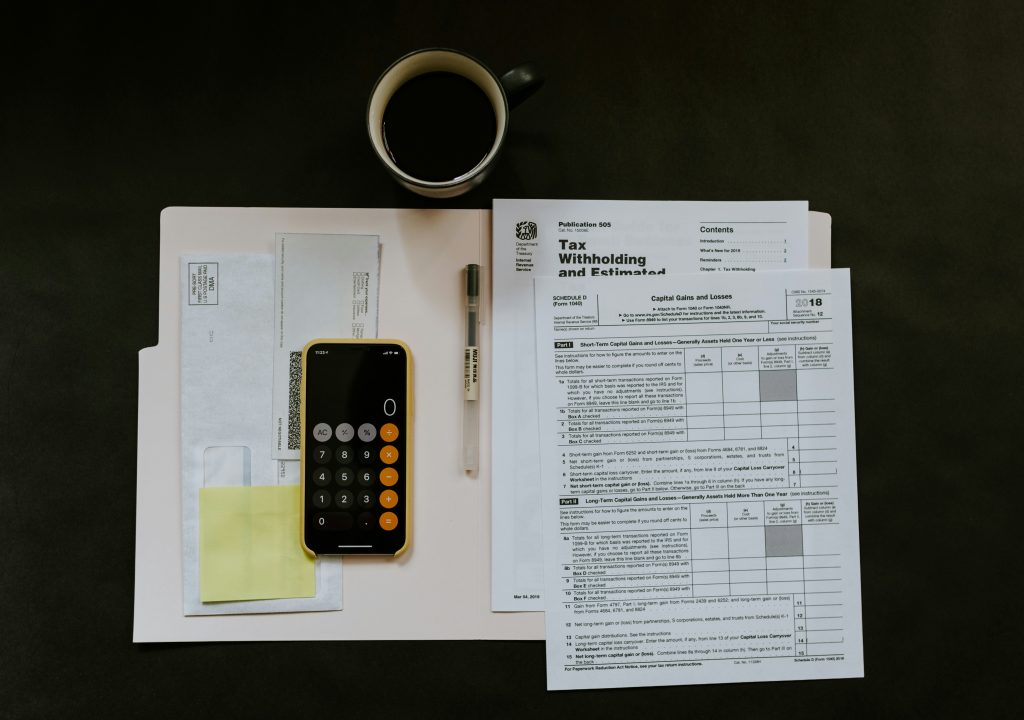
The Supreme Court Provides a Clear Answer
The State Revenue Service (VID) has long exercised the option to recover overdue taxes from company board members in cases where recovery from the company itself is impossible. Over time, it became common practice that VID could pursue board members even after a company had been liquidated or struck off the Commercial Register.
Such situations may arise, for example, when a company remains without a board for more than three months — in that case, the Register of Enterprises may remove it from the register through a simplified liquidation procedure.
For years, this practice was supported both by the Ministry of Finance and by the courts. The Ministry of Finance emphasized that if a company’s removal from the register were considered an obstacle to tax recovery, it would undermine the purpose of the law — to motivate board members to perform their duties diligently. Otherwise, there would be a risk that responsible persons might deliberately act in ways leading to the company’s deletion from the register in order to avoid liability.
However, this approach has now changed. On 17 June 2025, the Department of Administrative Cases of the Supreme Court Senate issued an important ruling (Case No. SKA-82/2025), clarifying the scope of board members’ liability in situations where the company has already ceased to exist and has been struck off the Commercial Register.
Legal Basis for Board Member Liability
Under Article 60 of the Law on Taxes and Duties, VID may demand that a board member compensate for a company’s overdue taxes only if all of the following conditions are met:
-
The overdue tax amount exceeds 50 times the national minimum monthly wage (in 2025 — EUR 37,000);
-
A tax recovery decision has been officially notified to the company;
-
It has been established that after the tax liability arose, the company’s assets were transferred or disposed of without covering tax obligations — as a result of the board member’s actions or inaction;
-
A report confirming that recovery is impossible has been drawn up;
-
The company has not filed for insolvency proceedings.
However, the Senate emphasized that these conditions apply only to cases where the legal entity still exists and recovery is legally possible. If the company has been struck off the register and its debts have been legally extinguished, such recovery is not permissible.
How the Case Arose
The specific case began after VID decided to recover EUR 99,117.03 in tax debt from a former company board member. At that time, the company had already been struck off the Commercial Register, and all of its debts had been extinguished in accordance with the law.
Lower courts dismissed the applicant’s complaint, holding that the company’s liquidation did not automatically release the board member from liability if their actions or omissions had caused losses to the state.
The case reached the Supreme Court Senate, which had to answer a key question: Does board member liability continue to exist after the company itself has ceased to exist?
Key Conclusions of the Supreme Court Senate
1. A written-off debt no longer exists legally.
The Senate clearly stated that if a company’s tax debt has been extinguished following its removal from the register, the debt no longer exists in law. By extinguishing the debt, the state relinquishes its claim rights, and therefore, there is no basis for demanding payment from the former board member.
2. Liability is joint and requires an existing company.
The law provides for joint (solidary) liability between the company and its board member. If the company no longer exists, this mechanism cannot apply. Likewise, the law grants the right to initiate insolvency proceedings, but once the company is liquidated, this is no longer possible.
3. The law’s purpose is preventive, not punitive.
The Senate emphasized that the purpose of the board member liability provisions is to motivate timely financial management and ensure order in the business environment — not to punish board members after a company’s activities have ended.
4. Deletion from the register is the final stage.
When a company is struck off the Commercial Register, it is presumed that all necessary steps have been taken to settle creditor and tax obligations. This point marks the legal end of the process — after which further debt recovery is no longer possible.
Significance of the Ruling
The Supreme Court Senate’s judgment SKA-82/2025 firmly establishes the principle that a board member cannot be held liable for tax debts after the company’s liquidation, provided that those debts have been legally extinguished.
This decision provides significant clarity for both entrepreneurs and the tax administration, reinforcing the principles of legal certainty and legitimate expectation.
Going forward, VID will no longer be able to impose personal liability on former board members in cases where the company’s debts have been written off and the legal entity has ceased to exist.
At the same time, the ruling serves as a reminder of the law’s preventive nature — board members must act responsibly and react in time by addressing financial difficulties and initiating insolvency proceedings when necessary. The law is designed not to punish after the fact, but to encourage responsible conduct while the company still exists.
If you have further questions or need clarification on the above or other matters, please don’t hesitate to contact us — INNOVATOR is at your service.
©INNOVATOR 13.10.2025.
